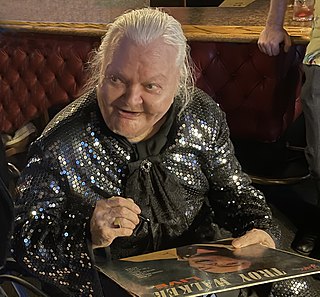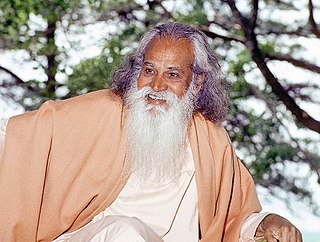A Quote by Marc Guggenheim
Whenever you can manoeuvre your characters into a situation where they both have a good argument to make, you're on the right track.
Related Quotes
All of Western tradition, from the late bloom of the British Empire right through the early doom of Vietnam, dictates that you do something spectacular and irreversible whenever you find yourself in or whenever you impose yourself upon a wholly unfamiliar situation belonging to somebody else. Frequently it's your soul or your honor or your manhood, or democracy itself, at stake.
The notion that somehow or another they'll (Iran) put it in a picnic basket and hand it to some terrorist group is merely an argument that may be convincing to some people who don't know anything about nuclear weapons. I don't find that argument very credible, I'm not sure that people who make it even believe in it. But it's a good argument to make if you have no other argument to make. The fact of the matter is, Iran has been around for 3000 years, and that is not a symptom of a suicidal instinct.
Characters in Hollywood movies encounter a lot of car chases. Characters in novels rarely wash their hands or do their laundry. And in the work of moral psychologists, people deliberate and reflect a lot. They deliberate, one sometimes feels, whenever they perform an action, and certainly whenever they act for good reasons.
Both law and comedy are heavily focused on thought and viewing all angles. To write a good joke, you have to look at a premise every way possible. And with a good legal argument, you have to see all sides to get the best line of argument for your client. Law school made me a better comic, and comedy has made me a better public speaker.
The same thing can be both good and bad. Whenever you speak of good, bad is also present. The world is a mixture of both. There is not good without bad. They are both sides of the same coin. Both are necessary. We have been given free will and discriminating capacity to select what is beneficial to us and to avoid what is detrimental to us. Even Cobra poison can be used as medicine.
Ultimately, the current argument is "not having net neutrality will hurt innovation," and you can make that argument, but I would rather make the public good argument, which is not just about innovation or nurturing new companies that will add to the nation's GDP, it's actually about creating a democratic public sphere.
Make sure your characters are worth spending ten hours with. That’s how long it takes to read a book. Reading a book is like being trapped in a room for ten hours with those characters. Think of your main characters as dinner guests. Would your friends want to spend ten hours with the characters you’ve created? Your characters can be loveable, or they can be evil, but they’d better be compelling. If not, your reader will be bored and leave.
If Clinton somehow pulls out a win in both states, then she has an excellent argument to make to the superdelegates: Voters still respond to fear. Obama's campaign has been based on the implicit argument that voters no longer respond to fear. If Clinton wins both states, that probably proves Obama wrong on that point.







































